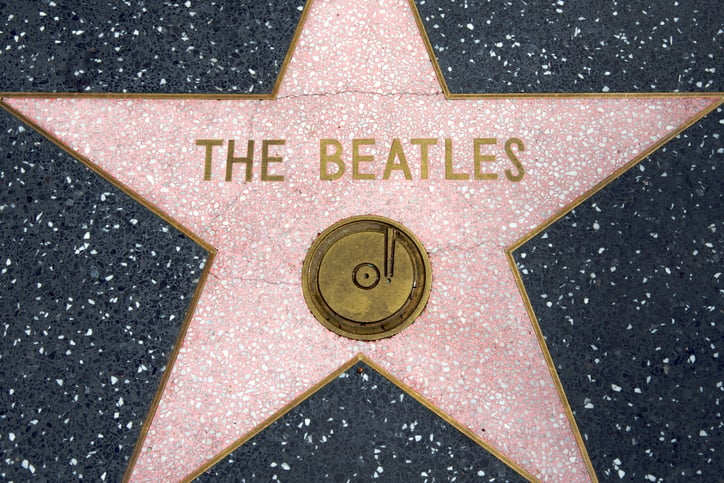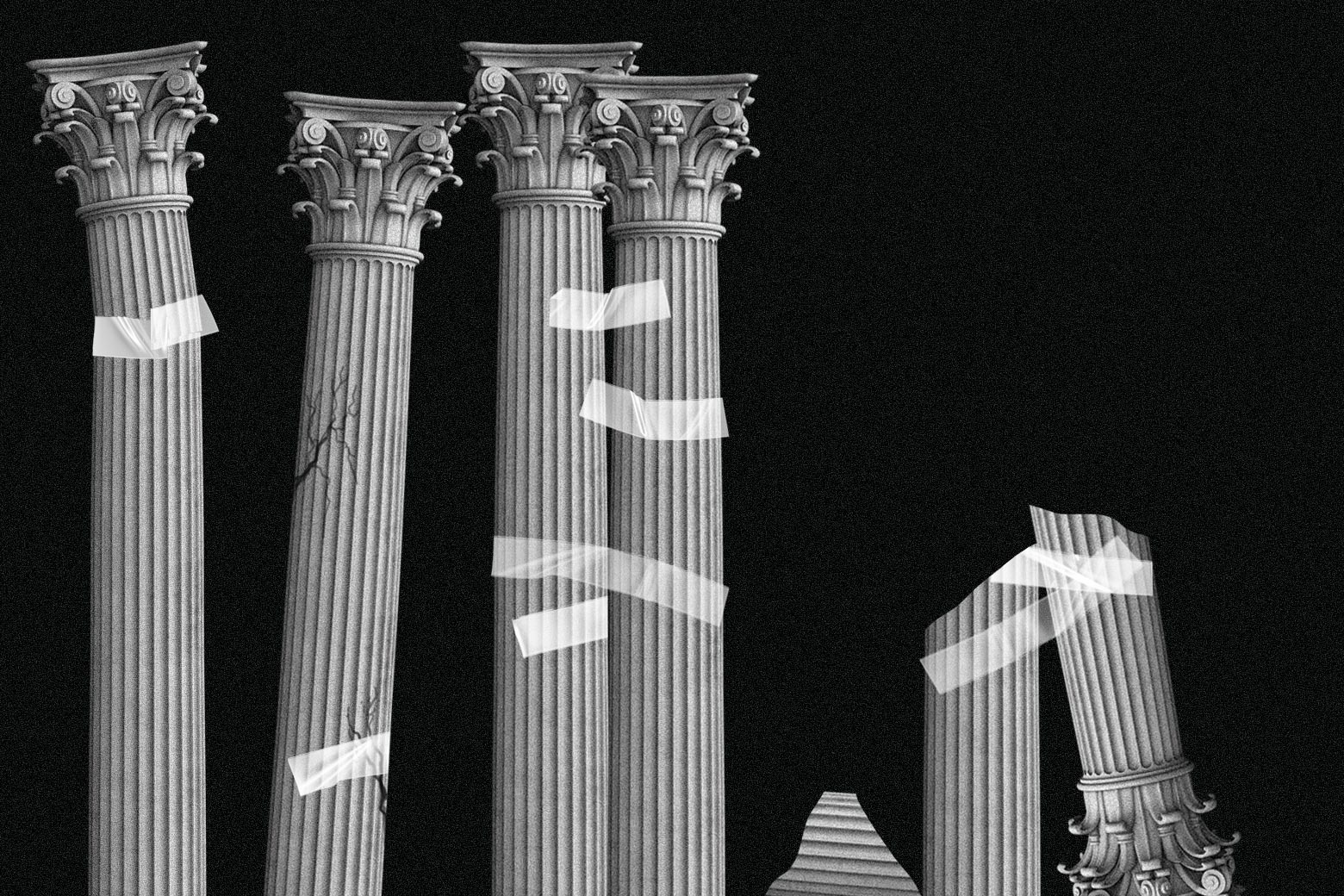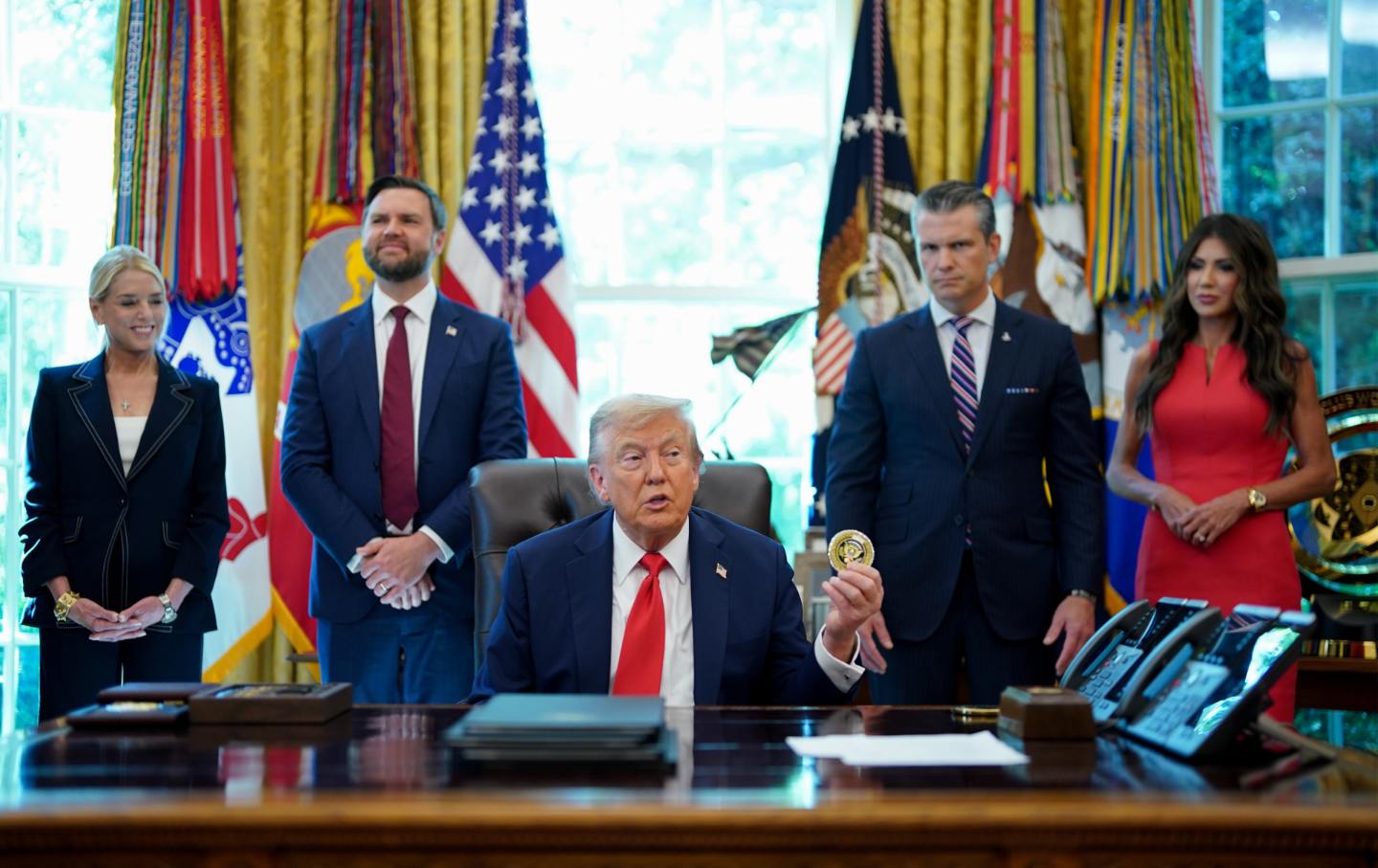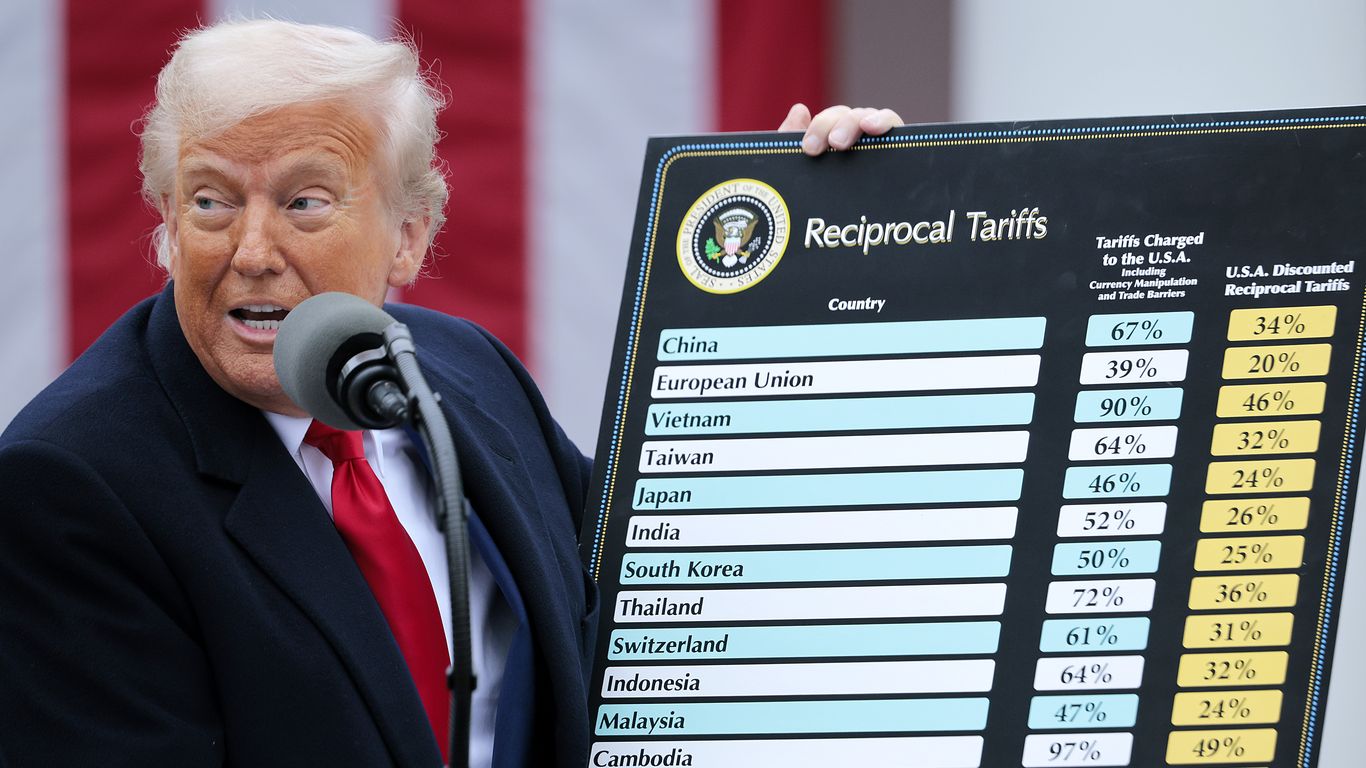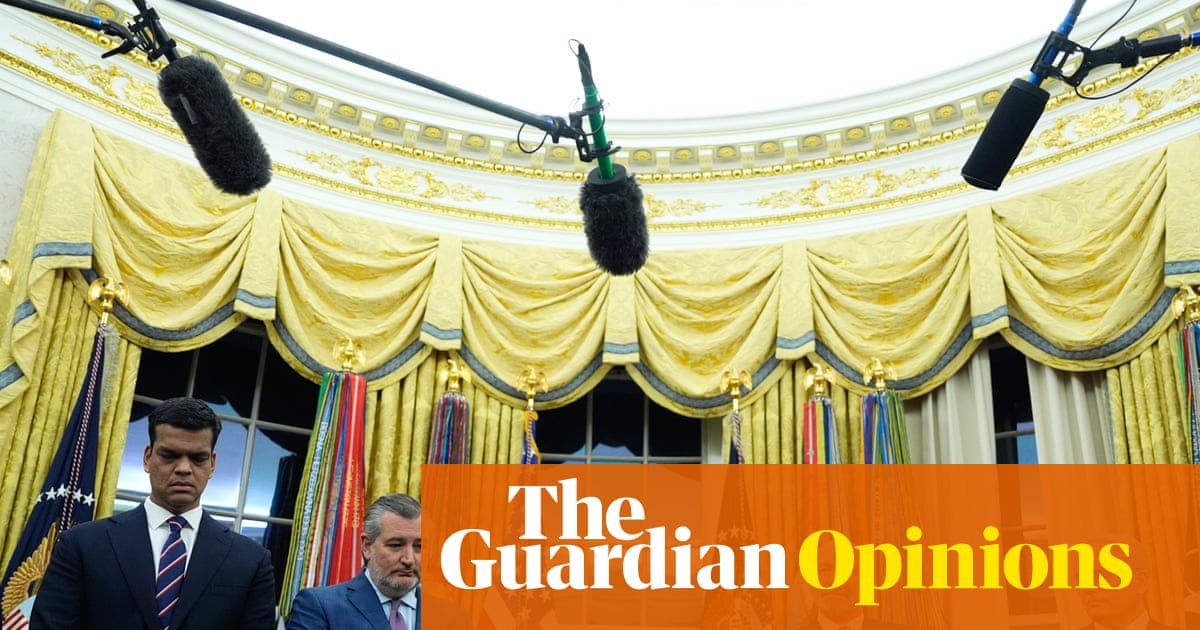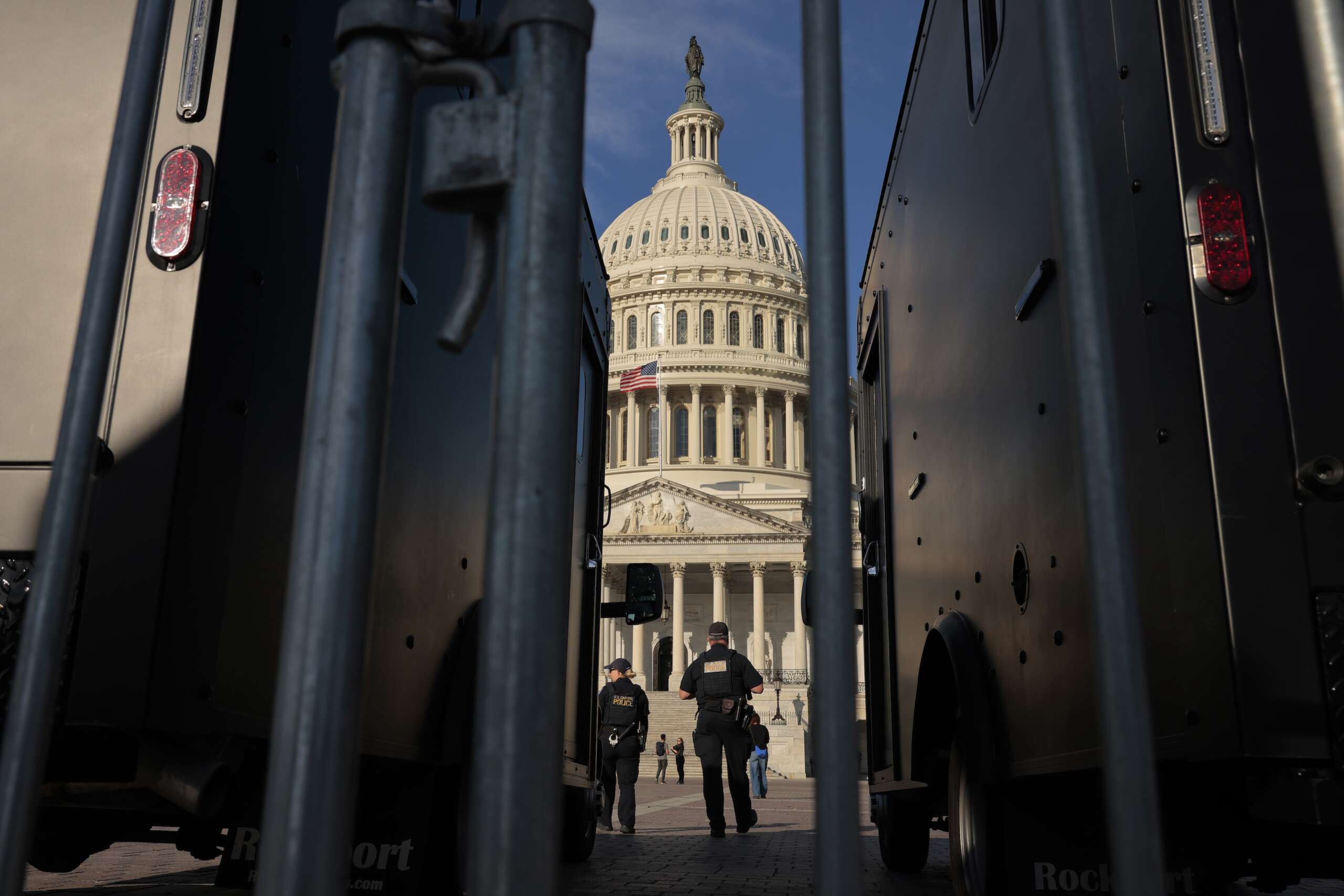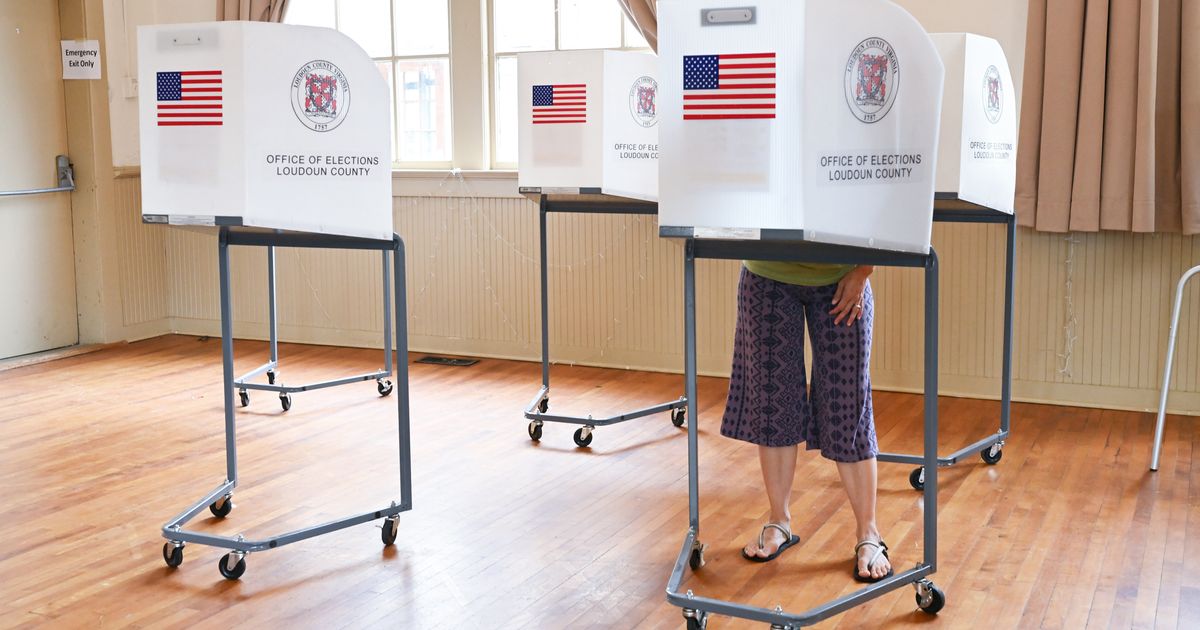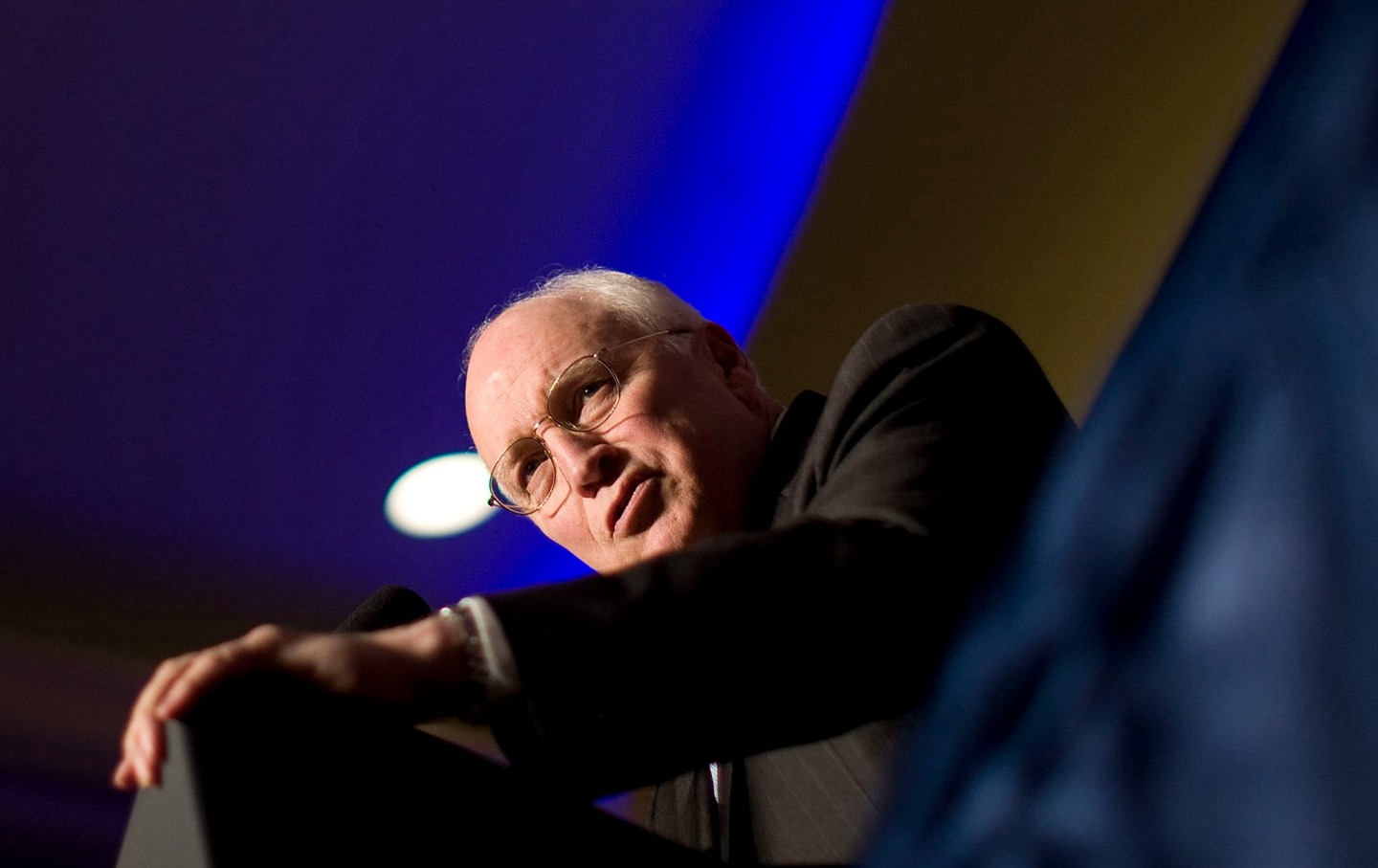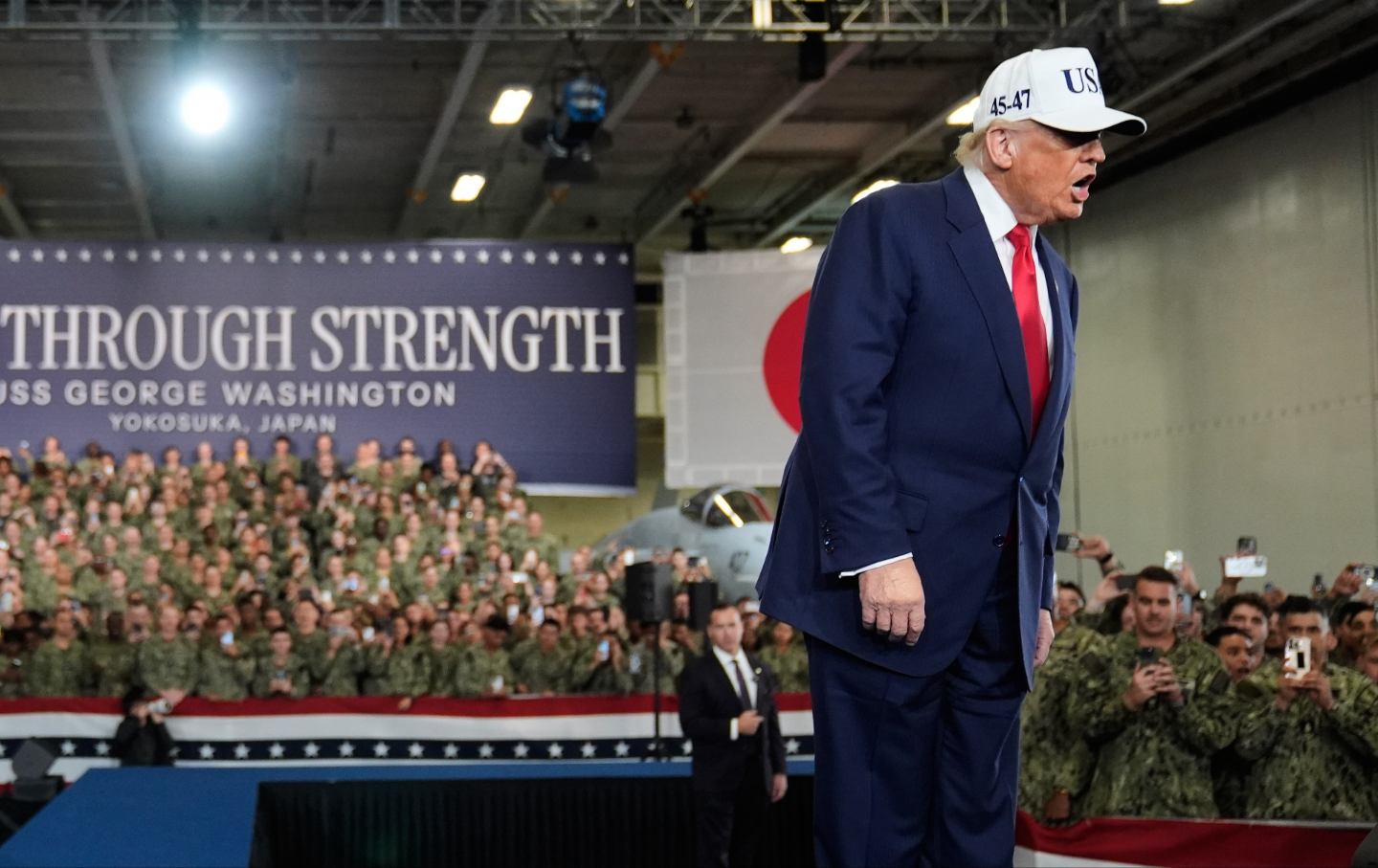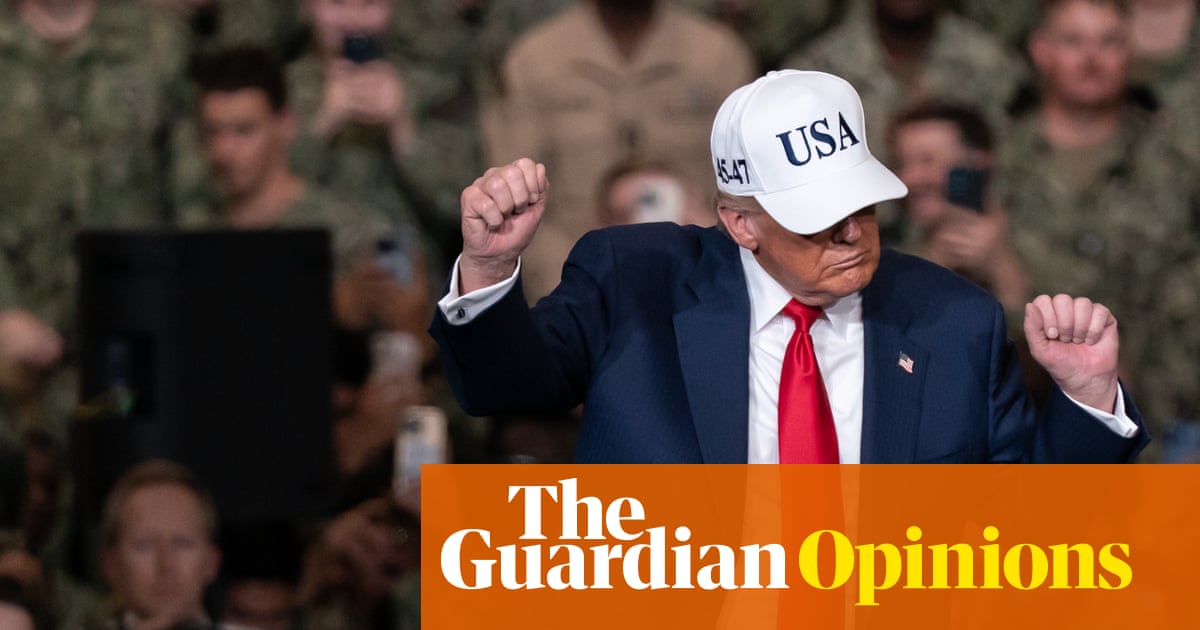#executive-power
#executive-power
[ follow ]
fromThe Atlantic
3 weeks agoThe Levers Trump Isn't Using
But if you view the year through the lens of the president's powers, all of that action comes to seem more circumscribed. By neglecting some of the most significant formal and informal tools at his disposal, Trump has largely failed to advance durable policy change, at least on domestic matters. He has dominated a lot of news cycles, but at the expense of shaping the future-for good or ill.
US politics
fromNonprofit Quarterly | Civic News. Empowering Nonprofits. Advancing Justice.
3 weeks agoHolding the Line Together: Civil Society & the First Year of the Trump Administration | Nonprofit Quarterly | Civic News. Empowering Nonprofits. Advancing Justice.
Protecting American democracy requires protecting civil society by supporting nonprofits facing authoritarian attempts to consolidate executive power and eliminate checks and balances.
US politics
fromwww.theguardian.com
3 weeks agoHow Trump has tried to undermine the powers of Congress: Violation of norms'
The executive branch under Donald Trump has aggressively claimed and exercised powers historically held by Congress, diminishing legislative control over spending, agencies, and war.
fromwww.mercurynews.com
1 month agoLetters: Trump unequivocally puts himself above the Constitution
When a president says his authority is limited only by his own morality, the Constitution has already been violated. The oath of office binds the president to law, not conscience, not instinct, not personal judgment. Claiming otherwise is a declaration that constitutional limits are optional. This is not rhetoric. It is an imminent danger. A president who believes only he restrains himself is asserting personal sovereignty. That is the definition of autocracy.
US politics
Canada news
fromwww.theguardian.com
1 month agoCanada bill targeting refugees feared to signal new era of US-style border policies
Bill C-12 tightens border controls and refugee ineligibility rules, expanding executive powers and shifting many late asylum claims to single-officer pre-removal assessments.
fromThe Atlantic
1 month agoTrump's Power Grab Over the Budget Is Breaking the Constitutional Design
In just the past 11 months, his administration has canceled billions of dollars in foreign aid, frozen billions of dollars in research grants, imposed new conditions on other grants and contracts, slashed agency staffs, and even sought to claw back certain prior grant payments. At the same time, it has employed military resources to assist immigration enforcement, offered civil-service buyouts without statutory authority, and reportedly used a private donation to help pay military salaries during this fall's government shutdown.
US politics
US politics
fromwww.mediaite.com
2 months agoIs Trump Your Boss?' Dem Senator Throws Down With FCC Chair Over Claim He's Not Independent
FCC independence is contested because commissioners lack explicit for-cause removal protections, allowing potential at-will presidential removal and raising questions about executive control.
fromThe Mercury News
2 months agoBarabak: Holmes is a liar, swindler and cheat. So why wouldn't Trump pardon her?
Peering wide-eyed and black-turtlenecked from a shelf load of magazine covers. Honored as a "Woman of the Year" by Glamour. Touted as one of Time's "100 Most Influential People." At age 30, Holmes was regarded as a preternatural business talent - and, more impressively, described as the youngest self-made female billionaire in history - owing to her founding and stewardship of Theranos, a Silicon Valley start-up that promised to revolutionize health care by diagnosing a host of maladies with just a pinprick's worth of blood.
Startup companies
fromThe Atlantic
2 months agoWhy the Comey Prosecution Is Falling Apart
President Donald Trump may be stretching executive power to its outermost bounds, but in one very significant area he is simply not getting his way: criminal prosecutions. In many cases-such as those of former FBI Director James Comey and New York Attorney General Letitia James, charges against whom were thrown out by a federal judge in Virginia today-the basic, ground-level machinery of the criminal-justice system has thwarted the administration.
US politics
US politics
fromIndependent
3 months agoKaren Tumulty: Trump on edge as MAGA refuses to turn a blind eye to Epstein scandal
The MAGA base tolerated repeated ethical breaches and norm-trampling by Trump, while the administration's handling of information about Jeffrey Epstein's crimes was notably different.
fromwww.theguardian.com
3 months agoNot sure it was good for anybody': Trump reacts to Democrats' sweep of key races on election night live
As he hosted Republican senators at the White House, Trump offered some initial thoughts on the Democratic victories across the country on election night. Last night, it was not expected to be a victory, it was very Democrat areas. But I don't think it was good for Republicans, he said. I'm not sure it was good for anybody. He added: We had an interesting evening, and we learned a lot, and we're going to talk about that.
US politics
UK politics
fromwww.theguardian.com
3 months agoWe must act now: without a written constitution, Reform UK will have carte blanche to toxify our nation | Goerge Monbiot
The UK's uncodified constitutional framework is opaque and vulnerable to exploitation, undermining democratic clarity and enabling authoritarian tendencies.
US politics
fromwww.theguardian.com
3 months agoRogue president': growing number of US judges push back against Trump
Federal courts increasingly reject Trump's emergency claims and expansive executive actions, constraining National Guard deployments and deportation policies while upholding constitutional limits.
fromwww.aljazeera.com
4 months agoInsurrection Act: What is it, and does US president have plenary authority?
When asked whether United States President Donald Trump would invoke the Insurrection Act, Vice President JD Vance said this week that Trump is looking at all his options. The decision would allow Trump to deploy the US military domestically for law enforcement purposes without congressional authorisation and over the objections of state governors. list of 4 itemsend of list Vance's October 12 comment on NBC's Meet the Press was just one of many in recent months
US politics
fromIntelligencer
4 months agoTrump and Stephen Miller See Insurrection Everywhere
has banned the president's deployment of National Guard units to Portland on the grounds that the president's claim that Portland is a "burning hellhole" besieged by violent anarchists is "untethered to facts."
US politics
fromwww.theguardian.com
4 months agoWhy does the supreme court keep bending the knee to Trump? | Steven Greenhouse
And no surprise, judges in those countries have repeatedly done what Orban and Erdogan want. Donald Trump has not had the opportunity to pack the US supreme court to nearly the same degree. Nor has he, despite his brash, bullying ways, done much to pressure or browbeat the court's nine justices. Nevertheless, the court's conservative supermajority has ruled time after time in favor of Trump since he returned to office.
US politics
fromLos Angeles Times
4 months agoNewsom to seek court order stopping Trump's deployment of California National Guard to Oregon
Calling the president's action a "breathtaking abuse of power," Newsom said in a statement that 300 California National Guard personnel were being deployed to Portland, Ore., a city the president has called "war-ravaged." "They are on their way there now," Newsom said of the National Guard. "This is a breathtaking abuse of the law and power." Trump's move came a day after a federal judge in Oregon temporarily blocked the federalization of Oregon's National Guard.
US politics
fromAxios
4 months agoBehind the Curtain: Trump and the most unprecedented presidency in 250 years
Trump has 40 more months - four-fifths of his term - left to stretch it further. White House officials tell us they're just getting going. They see chaos as their brand and "consequence culture" taking root.
US politics
[ Load more ]
